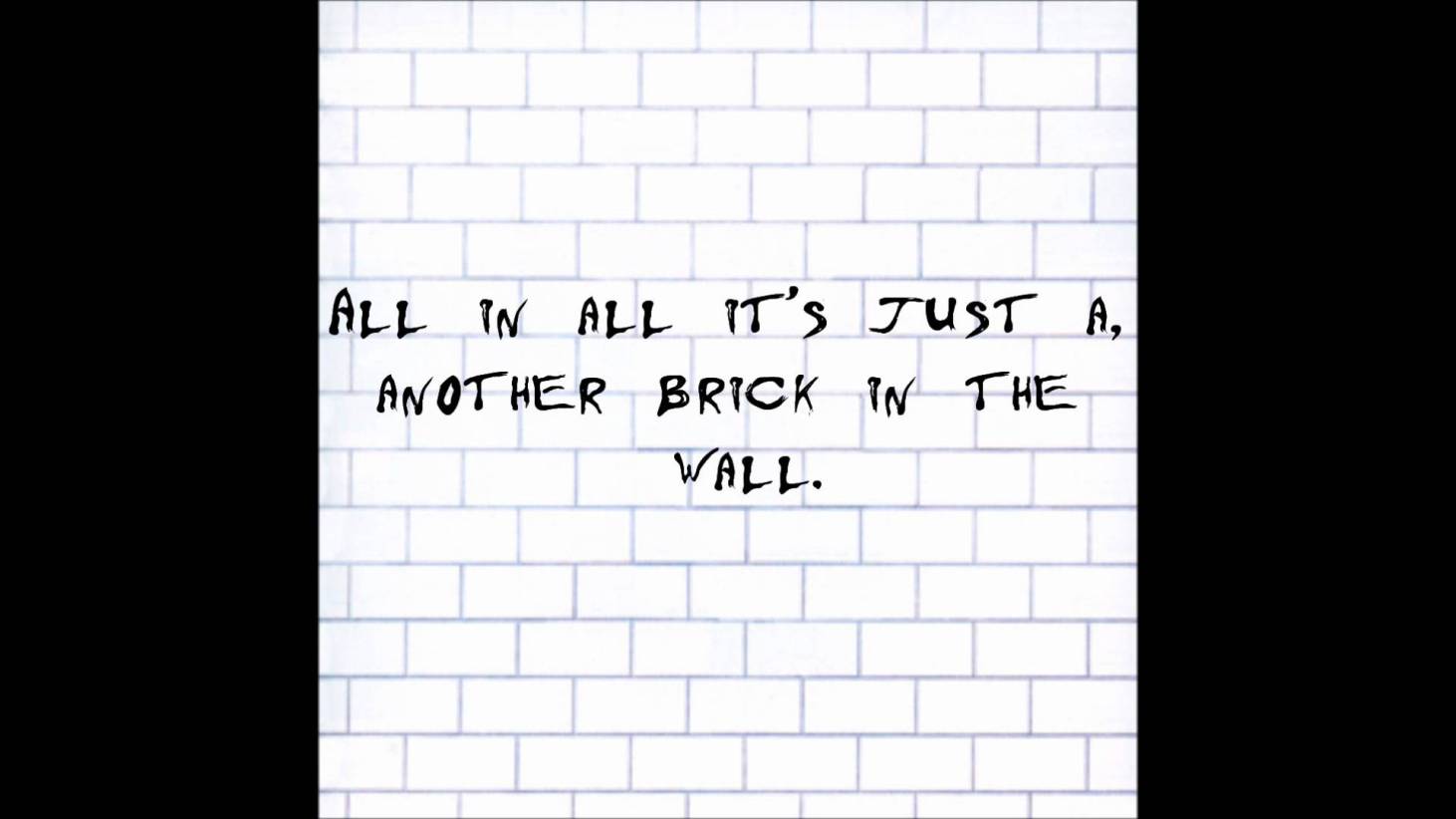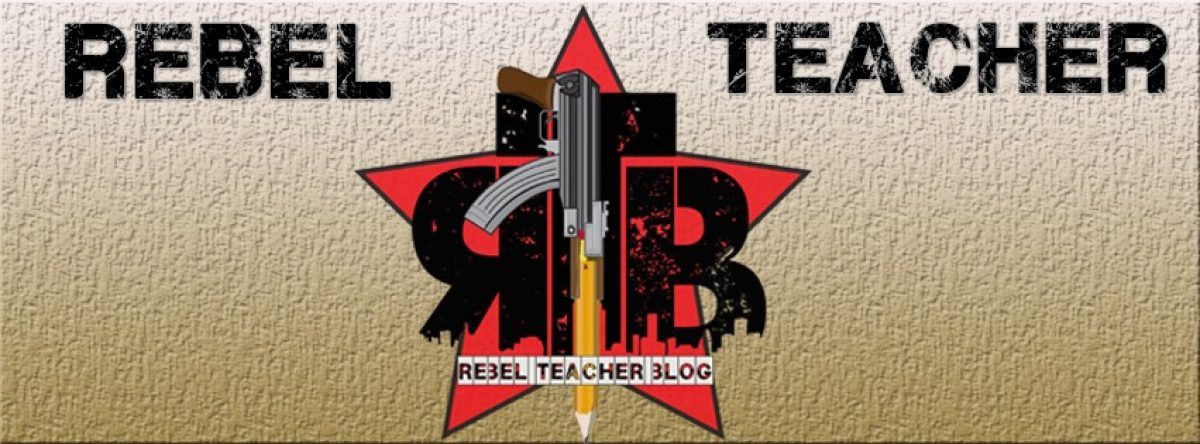 I do not care for this post-modern, reductionist attack on objectivity that is quite fashionable these days. It is my view that teachers should value objectivity. This is the only way to understand the world as it is. Part of the problem is that objectivity has been mistaken for neutrality, or non-controversy. In the interest of this false concept of objectivity, we often water down our content to avoid controversy or stirring emotions. It’s history, if people aren’t rubbed the wrong way from time to time, ‘you ain’t doing it right’. We should want our students at times to feel confused, emotional, angry, curious, helpless at the state of the world because there are lessons waiting at the other end, when they come to terms with those feelings. Above all, we want to inspire and empower them to change the conditions and challenge the oppressive legacy that history has left them. . If we want to change our current society we must realize the historically oppressive roles played by every American institution (economic, education, health care, social service, housing etc.) and view them today as a culmination of that history, not something separate from the history that produced them. We cannot teach them that our institutions are neutral when they are apart of a legacy of race and class oppression.
I do not care for this post-modern, reductionist attack on objectivity that is quite fashionable these days. It is my view that teachers should value objectivity. This is the only way to understand the world as it is. Part of the problem is that objectivity has been mistaken for neutrality, or non-controversy. In the interest of this false concept of objectivity, we often water down our content to avoid controversy or stirring emotions. It’s history, if people aren’t rubbed the wrong way from time to time, ‘you ain’t doing it right’. We should want our students at times to feel confused, emotional, angry, curious, helpless at the state of the world because there are lessons waiting at the other end, when they come to terms with those feelings. Above all, we want to inspire and empower them to change the conditions and challenge the oppressive legacy that history has left them. . If we want to change our current society we must realize the historically oppressive roles played by every American institution (economic, education, health care, social service, housing etc.) and view them today as a culmination of that history, not something separate from the history that produced them. We cannot teach them that our institutions are neutral when they are apart of a legacy of race and class oppression.
Once students gain an objective analysis of history, they can then find their subjective place in challenging it. We must do away with teaching history as some feel good, slow and constant struggle for progress, culminating into this great, equal, pluralistic democracy, one big happy family with all our problems left ‘back in the old days’. We must help them to draw a line between oppressor and oppressed and know where they stand, then and now. It is harmful to teach about the ‘founding fathers’ as collective heroes of the nation, this is a falsification of history and psychologically damaging to youth of African, Indigenous and even European backgrounds.
The struggle between the social forces of oppressor and oppressed is not about stale events in history that happened a long time ago, and must not be taught as such. It has to be framed as an ongoing, protracted, struggle, a struggle that we are all either engaged in on some level, or tacitly supporting the status quo. School culture, with its police, administration, teachers, objectively represent the status quo. As an institution of the ruling class, a central purpose of the educational system is to promote and protect their interests and perspective. The inclusion of oppressed peoples in that institution does not change this central point; it only gives it nuance
Our students are behind enemy lines and so are we if we engage in true education for liberation. The goal of succeeding in those institutions without any critical analysis places one on the side of this historically oppressive establishment. The students themselves and their oppressed communities are a legacy of the historically oppressive nature of American capitalism. The goal of the school system is in part for the children to accept as normal the ideology and program of a system predicated on their marginalization. This is the gap that has to be bridged, so of course students of oppressed nationalities often do not perform well, many recognize a schism between their communities and the school system (and justice system, which are currently merging) but cannot articulate it. We must help them find their voice that this system is constantly trying to bury that finds expression in “misbehavior”.
School and instruction are not neutral. Teaching social studies is a political act. The instructor can perpetuate the status quo, thus supporting the continued oppression of students or actively engage students in challenging what they have been taught by modeling through questioning and dialogue the fundamental paradigms and assumptions undergirding American society, culture, economy. We do not want to promote the swallowing whole of a basically colonial style education.
A History class should encourage students to view their world in a historical context, instead of viewing the present as separate and divorced from the past that produces it. The student of oppressed nationality should be equipped to view their relationship with present day institutions such as the criminal justice system, school system, economic systems, etc. in the context of a history of oppression that has ebbed and flowed over hundreds of years to culminate into the present conditions. After sitting in a history class and being taught the brutal history that produced them, they still often identify with the same oppressive institutions. This is a cruel miracle of the educational system to be able to teach history and still alienate students from their own history and simultaneously bind them to the same historical institutions that have so damaged them.
Black and Brown students often refer to ruling class, White America’s exploits in the past as what “we” did. “Our country expanded westward” or “We conquered Mexico” , “Our Constitution…” etc. represents a psychological disconnect from history and identification with one’s oppressors, a Stockholm Syndrome of sorts. History, if taught critically places the oppressed in opposition to the traditions and exploits of the oppressing culture. They should be challenged recognize their place in history and be able to say, “No, the imperialist, white supremacist, America conquered westward. This is not my legacy. My legacy is in opposition to racism and imperialism and this relationship remains so today”. The schools have created and maintained an unhealthy psychological identification, among oppressed students, with their own oppression. There must be a separation from the actions of the dominant culture by the oppressed, the latter, who were actually victimized by these phenomena. The effect of not doing so, teaches the oppressed to view history and themselves through the eyes of their oppressors, which teaches them to view themselves as deficient.
Critical pedagogy should also place White students on a historical trajectory as well. This psychological separation from history allows White students to separate themselves from history and not see themselves and their privileges as part of a historical process, thus encouraging a disengagement from the world today and their responsibility in either dismantling or maintaining this position. They should be challenged to either continue and support the traditions of white supremacy, reaction and oppression or join in another tradition of freedom fighting and standing with the oppressed; they can be aligned with the traditions of John Brown, William Lloyd Garrison and others. White people are probably more alienated from their own history than those who have been oppressed by it. They take no responsibility because “I wasn’t there”. White students, in order to combat their relative alienation from people of color should be encouraged to see history through the eyes of the oppressed as well as oppressor. It is imperative that they be put in a position to “choose sides”. It is important for all students but perhaps even more important for white students. Their lack of identification with their history is also a psychological sickness perpetrated by school system.
The propagation of the idea of America as this meritocracy, or land of opportunity can be potentially crushing to youth of oppressed nationalities, particularly African Americans. It perpetuates the idea of black inferiority, as if it is deficiencies in their own devastated communities that made them poor and lacking, when it is the working of American capitalism that has caused such deprivation. Whatever dysfunction that exists among the oppressed flows from their oppression which shapes their experience, culture and values. The assumption that “everyone can make it in America” grows from the experience of middle class, Euro Americans and is thus the default point of view in America, and by extension, the educational system. It takes a level of critical struggle to deconstruct this myth, to actually look at the operations of this system and its effects on poor and oppressed people. To repeat this line and encourage students to blindly accept it is to promote a sort of psychological warfare, where some people view success as separation of oneself from their community, from their roots, instead of standing with them in opposition to oppression. This cannot be done if they don’t know they are oppressed.
We teach and learn America’s economic history, and history in general as divorced from the realities of today. Students should be able to link “deindustrialization” to decrepit conditions in inner cities. Students should learn about how drugs come into their communities, or the effects of job discrimination up to the present day. These things are directly tied up with their everyday realities. American oppression is not something that used to exist and it should not be taught that way. This is done to maintain an asymmetrical balance of power and ruling class domination.
Historical traditions and ideologies have present day manifestations. Somehow, the way history has been taught has separated the present from the past giving students the impression that everything wrong with the world “back then” has been all fixed somehow. We have not equipped them to recognize how the problems of society did not go away, but have simply morphed with the times. They are not unrecognizable to the student who has been taught critically. Today’s students have to recognize that institutions and practices can be traced back to earlier times. They are not new.



Reblogged this on slekar and commented:
BustED Pencils loves the Rebel Teacher Blog!
LikeLike
For years I was a Language Arts teacher who figured out that to reach the broad range of students sitting inside my inner-city classrooms, if I wanted any real education to happen I had no choice but to add a whole lot of diverse, truthful history and social studies to my courses . I loved my job because over the years as I learned how to take my students outside of our very limited (almost all white and almost all male) textbooks to seek additional sources, I learned as much as they did!
LikeLiked by 1 person
awesome, thanks for the response. we gotta teach the truth.
LikeLike